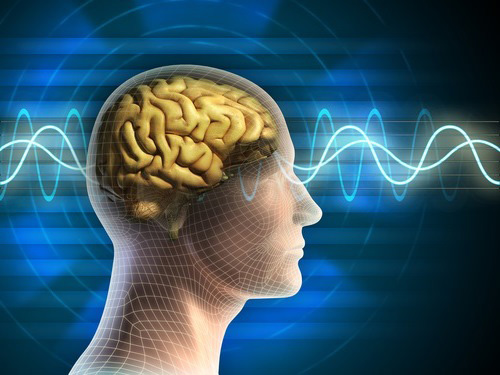
Mental Health Matters
If we see signs of a serious physical illness in our friends or family, we encourage a loved one to get help and check things out as soon as possible. With mental health issues, things can be different. Myths and misunderstandings often stand in the way of people getting the help they need.
Myth: Mental health issues are not all that common
Reality: Studies indicate one in five American adults will experience a mental health issue this year.
Myth: He or she is too young; it’s just adolescence
Reality: One half of all mental illness begins by age 14 and 75% begins by age 24.
Myth: People with mental health issues are dangerous
Reality: People with mental health issues are more likely to be victims than perpetrators of violence. Only 3%-5% of violent acts can be attributed to individuals living with a serious mental illness.
People are often uncomfortable when faced with psychological pain and tend to dismiss it as temporary or as behavior the person should simply use willpower to stop. Or sometimes it’s just that we don’t know what to do. Imagine how many people would suffer needless health complications if we had the same reluctance to recommend a doctor at troubling early signs of physical problems.
People who are experiencing mental health problems are often the last to know. Getting help often doesn’t happen without the intervention of a loved one. But loved ones are often unsure what to do or feel they shouldn’t get involved. Don’t be afraid to reach out if you or someone you know needs help.

Nonprofessionals shouldn’t try to diagnose a mental illness any more than they should try to diagnose a physical illness, but there are actions that can help. The first step is learning more about mental health.
Signs that might indicate a need for help include:
Mood swings • Dramatic highs and lows • Confused thinking • Problems with concentration, memory, or logical thought • Feelings of paranoia • Being suspicious, irritable, or anxious • Withdrawal from social contact • Loss of interest in favorite activities • Dramatic changes in sleeping or eating patterns • Decline in personal care • Seeing or hearing things • Substance abuse • Talk of suicide or suicide attempts
If you or a loved one experiences some of these symptoms, why not talk to a counselor? As a Member of an EAP, you have that option available for you and for your immediate family members. Learn more at your EAP self-help website or call the number below 24/7/365.
For people who don’t have access to an EAP, encourage them to seek help with a physician, a clergyman or a local social service agency.
1.800.252.4555 or 1.800.225.2527
View more newsletters at www.theEAP.com
